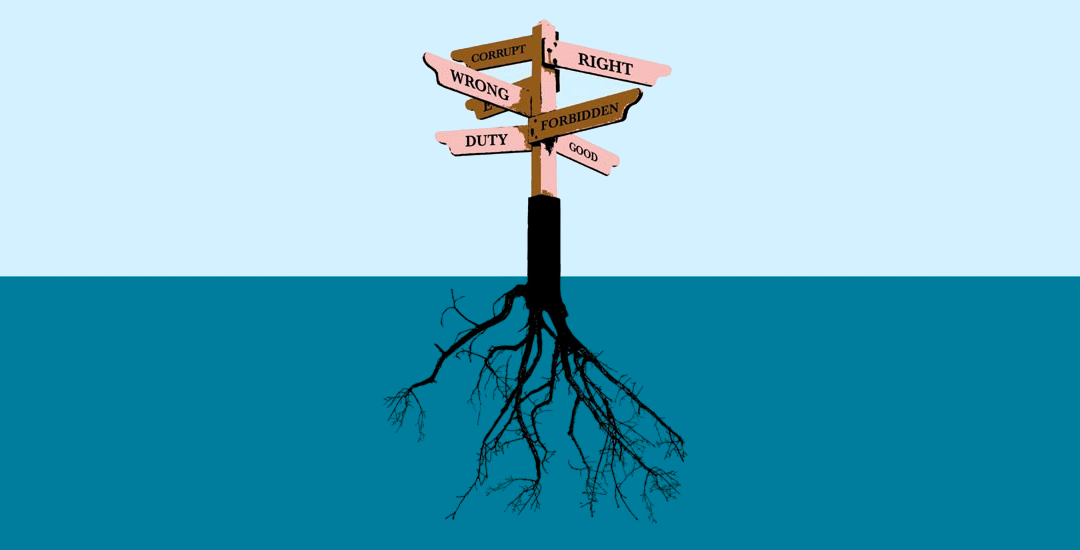The theory of moral nativism and moral intuitions
Moral nativism is a theory that responds to the question of where moral intuitions, moral judgments, and other important elements of moral psychology come from, with the answer that they are, to some extent, innate and have developed as a result of human biological evolution[1]. Moral nativism relies on a two-step argument. The first argument is that the mind contains a moral grammar: a complex system of principles, rules, and conceptual building blocks that generates and relates the various mental representations upon which moral intuitions depend. The second argument is that at least some core attributes of this moral grammar are innate and do not rest solely on experience but rather derive “from the original hand of nature.” Cultural factors clearly have an influence on moral development; nevertheless, a significant body of evidence suggests that at least some aspects of moral cognition are innate.
What evidence do we have for moral nativism? Darwin, de Waal, Kropotkin, and other biologists have noted that empathic and altruistic behaviors appear to have deep evolutionary origins. Rats experience distress when exposed to the screams of other rats, and they will perform altruistic acts to protect other rats from harm. Great apes react with palpable grief to the death or disappearance of those to whom they are attached; in addition, they often seek to console the victims of an attack. Human babies cry more in response to the cries of other babies than they do to comparable, computer-generated noises or even to tape recordings of their own crying, implying that “they are responding to their awareness of someone else's pain, not merely to a certain pitch of sound.” Human children also appear to be biologically predisposed to recognize and comfort others who are experiencing emotional distress. More broadly, young children are predisposed to help others achieve their goals, to share valuable resources with them, and to provide them with helpful information. Also, clinical and experimental studies have confirmed that distinct brain regions underpin moral cognition and that damage to these areas can lead to moral judgment deficits while leaving other cognitive functions unimpaired.
We can also refer to norms that are universal to all societies. A study of hundreds of jurisdictions shows that the prohibition of homicide appears to be both universal and highly invariant. All of the known justifications and excuses for homicide appear to consist of a relatively short list of familiar defenses. Moreover, the attitude specifically towards intentional homicide is even stricter. And a study of ten cultures from different parts of the world, including rural, urban, and even nomadic populations, shows that battery, rape, theft, defamation, and perjury are judged as wrongful (that is, “bad” or “extremely bad”) acts by about 95% of people.
Finally, we should also mention the theory of the violence inhibition mechanism, according to which many animal species and humans have strong restraints against harming conspecifics[2][3]. In animals, these restraints are often expressed by the ritualization of fights. In humans, they consist of unconditioned (innate) and conditioned (acquired during socialization) reflexes, primarily causing an aversive reaction and inner resistance to observing the suffering of other people and committing aggressive acts towards them. Many studies, including anthropological and military ones, confirm that the average and healthy individual has a strong inner resistance to harming others[4][5]. And only a few dysfunctional individuals do not experience the slightest resistance even to committing murder; they are also called psychopaths.

